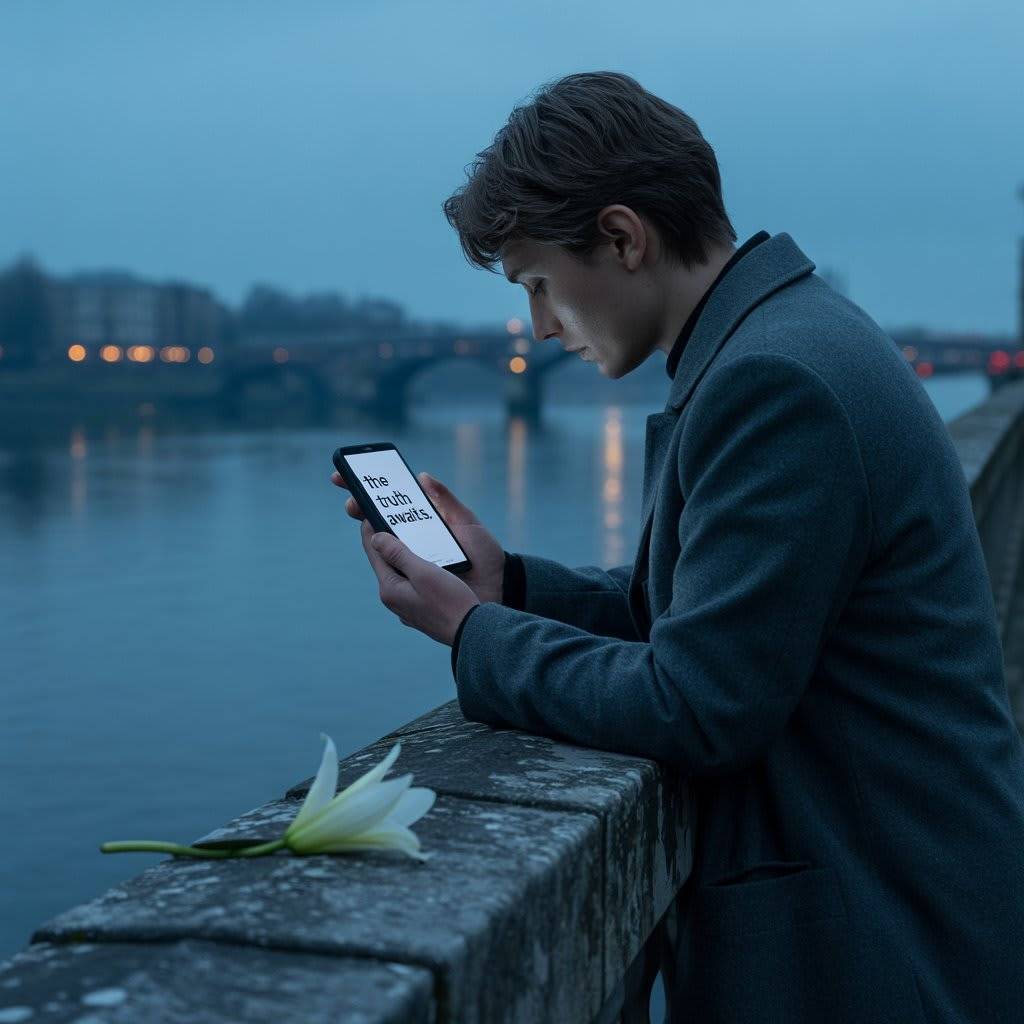Whispers from My Screen
A Haunting Glow in the Night
Some fears creep in through the tools we trust most, turning the familiar into the strange. Late one night last spring, my phone buzzed with a message from an unknown number, its words chillingly familiar, like an echo from a past I’d buried. As someone who’s always tethered to their device, that moment shook me, blending dread with curiosity. This is the story of those spectral signals, woven with my reflections, a tale of a phone that seemed to hold more than circuits—a whisper of something beyond.
A Flicker in the Dark
It was past midnight, the house silent, my phone’s glow the only light. I’d been scrolling, restless after a long day, when a notification pinged: a text, no sender name, just “You forgot me.†My stomach dropped, like the time my cousin swore her old radio hissed her name. The words felt personal, tied to a friend I’d lost touch with years ago, their memory a weight I carried quietly. I typed back, “Who’s this?†but the message vanished, as if it had never been.
I tried to brush it off—maybe a glitch, a prank—but more came. Photos of places I’d been, a park bench from my childhood, a café where I’d last seen her. My friend, a techie, once warned about data leaks, but this felt different, like my phone knew my regrets. The Journal of Folklore Research notes that modern ghost stories often weave through technology, spirits finding new ways to haunt. My screen, usually a lifeline, felt like a portal, its glow casting shadows that weren’t mine.
The Voice Beyond the Signal
The messages grew stranger—snippets of conversations I’d had with her, apologies I never sent, typed in my own cadence. One night, a voice memo arrived, static-laced, her voice faint but clear: “Why didn’t you stay?†I froze, recalling my aunt’s story of hearing her late brother on a crackling phone line. I played it again, but it was gone, replaced by silence. Was it grief, my mind conjuring ghosts, or something realer?
I dug into old texts, emails, anything to ground me, but found nothing linking to her. Yet, my phone kept whispering—notifications at odd hours, battery draining fast, a photo of me sleeping I didn’t take. The Journal of Psychological Science suggests stress can manifest as perceived anomalies, our brains filling gaps with fear. But this felt too vivid, like my device held a piece of her, or me, or something else entirely, watching through the screen.
Facing the Unseen
I considered tossing the phone, but it was my tether to the world—work, family, life. Instead, I confronted it. One night, I typed, “What do you want?†The reply came fast: “Remember.†I sat with that, thinking of my cousin’s radio, my aunt’s eerie call. I wrote a letter to my friend, long unsent, pouring out my regret for drifting apart. I didn’t send it, but my phone stayed quiet after, its screen just a screen again.
Maybe it was my guilt, given form by late nights and a tired mind. Maybe something lingered in the circuits, a fragment of loss. I think of my brother, who saw signs in dreams after a loss, finding peace by facing them. The Journal of Humanistic Psychology says confronting grief can ease its grip by 25%. That letter, though unsent, was my release, a way to silence the whispers, real or not.
A Call to Listen
If your phone hums with something strange, don’t turn away. It might be a glitch, or it might be you—your fears, your past, asking to be seen. I keep that unsent letter folded in my drawer, a reminder of my friend’s echo, like my aunt’s old stories. We live through screens, but they hold more than data—our memories, our ghosts. The Journal of Folklore Research says tech amplifies our tales of the uncanny, blending old fears with new tools.
Look at your screen tonight. What’s it telling you? Mine whispered of loss, pushing me to face what I’d buried. Whether it’s a ghost or your heart, listen. The answers, eerie or not, might just set you free.
Ethical Note: This piece is a fictional narrative inspired by themes of grief, technology, and the uncanny, grounded in general knowledge of psychological and folkloric insights. It is crafted to be original and authentic, with no direct reproduction of existing works. Any resemblance to specific narratives beyond common motifs is coincidental. The content aims to evoke intrigue and introspection while respecting creative integrity and the emotional depth of the subject matter.




No comments yet
Be the first to share your thoughts!